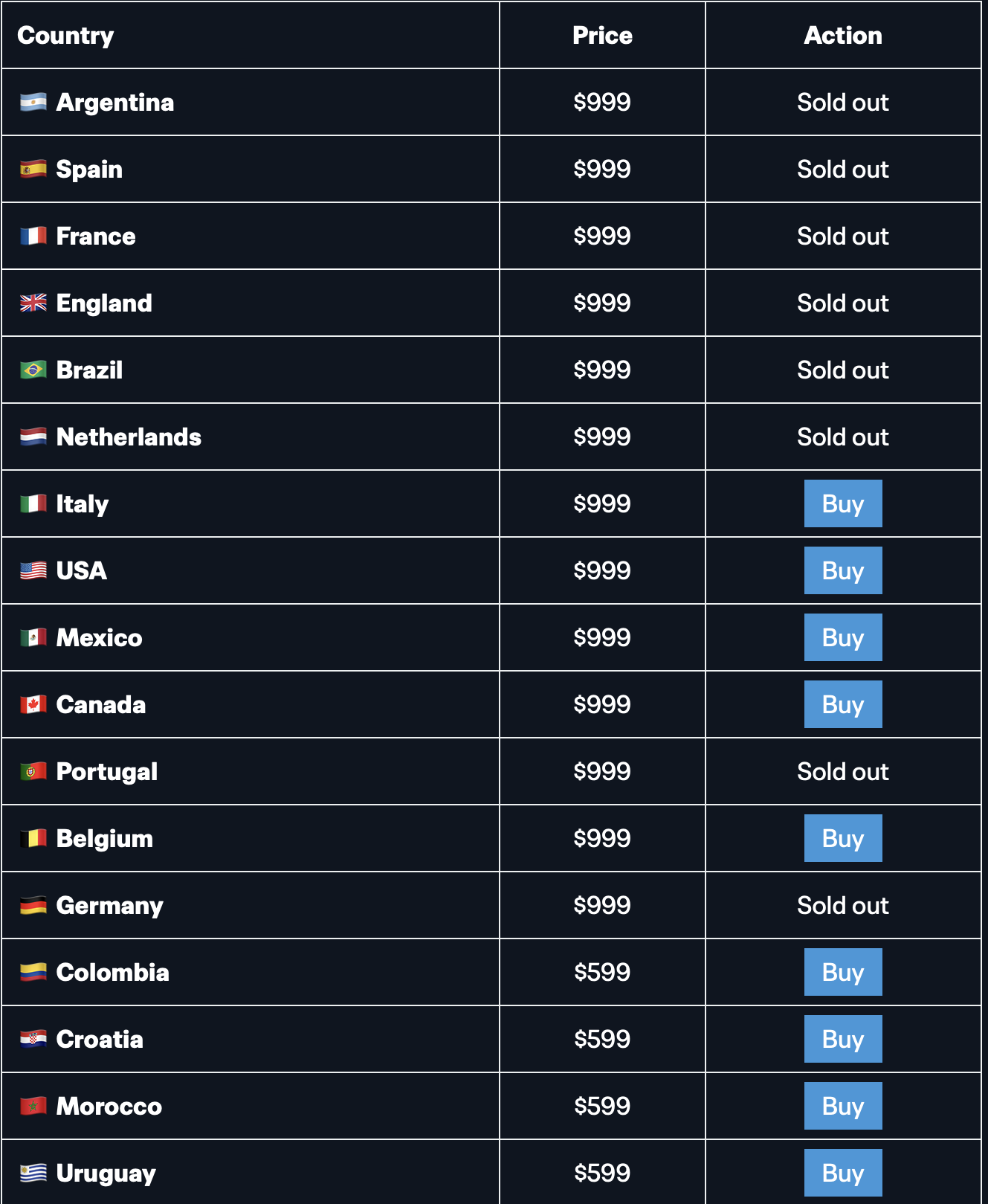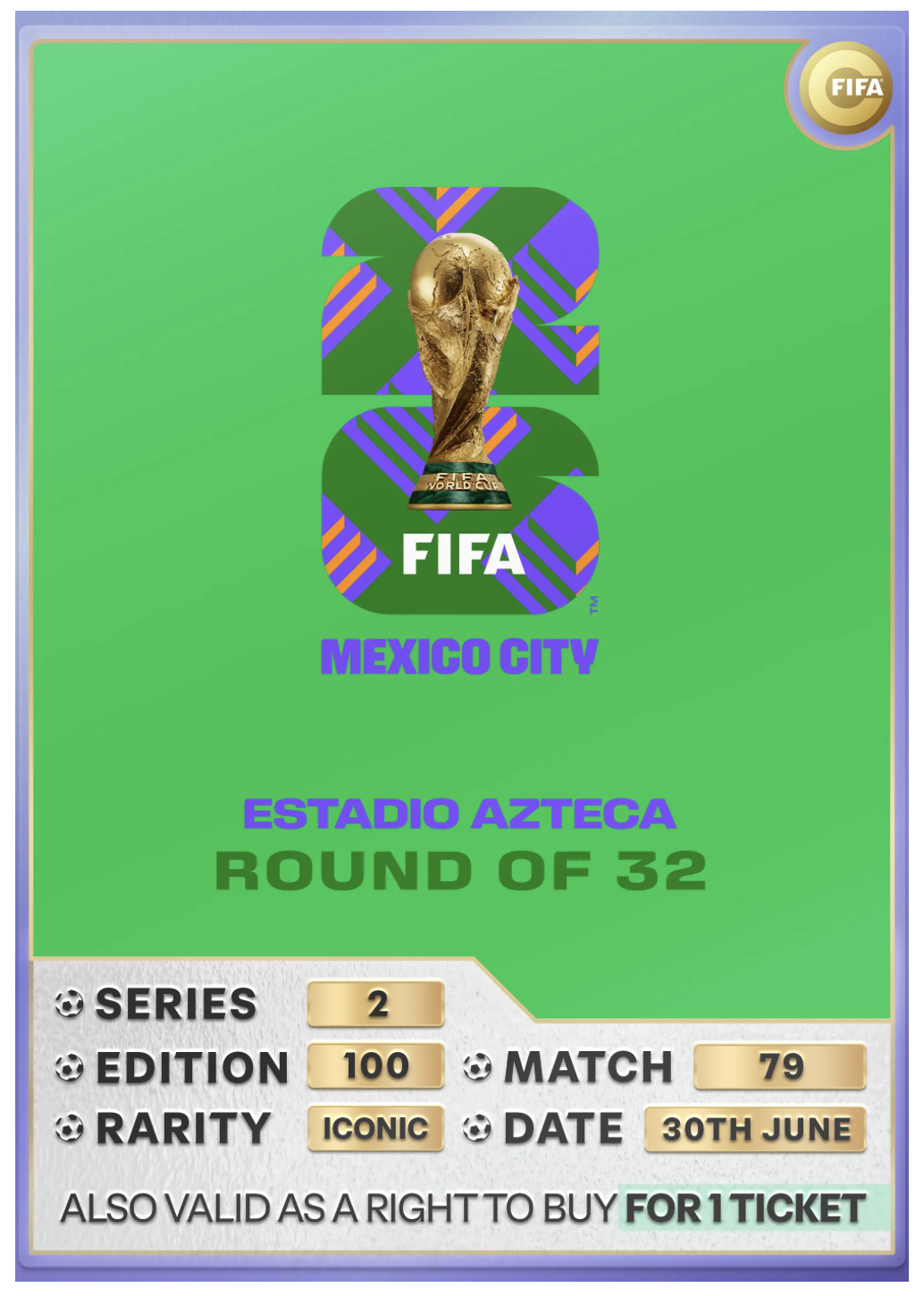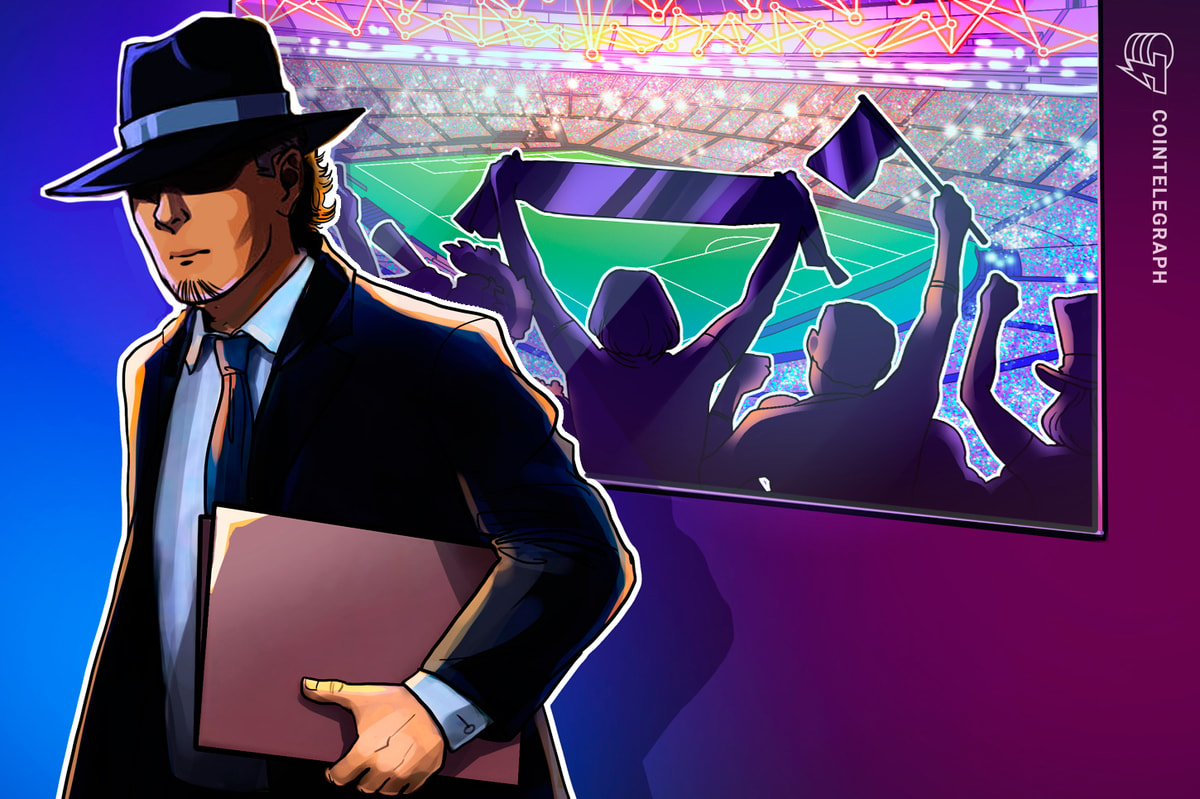Gespa opens probe into FIFA ‘Right to Buy’ World Cup NFTs
Switzerland’s gambling regulator is looking into whether “right-to-buy” tokens sold by global soccer organizing body FIFA ahead of the 2026 World Cup tournament comply with rules that govern gambling, Bloomberg reported. No wrongdoing has been alleged.
Gespa is assessing whether the tokens, which can be bought, sold and traded on FIFA’s non-fungible token (NFT) marketplace, are gambling-like or represent conditional purchase rights. FIFA stands for Fédération Internationale de Football Association.
The authority has not alleged wrongdoing nor had it received any reports of wrongdoing, and is gathering facts to determine whether any action is warranted, director Manuel Richard told Bloomberg on Monday.
According to FIFA’s website, RTB tokens are non-fungible tokens (NFTs) that reserve a dedicated purchase window for a specific match. They aren’t tickets, but they allow holders to buy tickets at face value if conditions are met.
FIFA first rolled out “Right-to-Buy” (RTB) tokens for the World Cup Final in 2024, announcing 1,000 RTB opportunities for fans. Team-linked RTBs activate only if the chosen team qualifies, and they can be sold on the secondary market via FIFA’s native marketplace powered by its Web3 partner, Modex.

For the 2026 World Cup hosted by the US, Canada,and Mexico, “Right to Final” tokens range from $299 to $999, depending on the team. Many tokens are already sold out, with prices determined by odds — long shots are cheaper, while favorites such as Argentina, Brazil and England are at the higher end.
FIFA said RTBs were created to address extreme demand for tickets at specific matches and tournaments. At the 2022 World Cup in Qatar, for example, there were 3.4 million tickets available for around 23 million requests, according to FIFA.
Cointelegraph reached out to FIFA for comment, but had not received a response at time of publication.
Related: Blockchain will transform football’s broken transfer system
FIFA’s bet on NFT technology
NFTs are unique blockchain tokens that verify ownership and authenticity of a specific asset. While the wider NFT boom peaked in 2021–22, FIFA has continued using NFT technology for digital collectibles, ticket-access rights, and gaming.
Soccer’s world governing federation first began experimenting with Web3 and NFTs back in 2022, when it announced plans to launch its native platform, FIFA Collect, on the Algorand blockchain.
In Dec. 2023, before the Club World Cup in Saudi Arabia, FIFA and Modex launched 1,000 NFTs — 100 offering a chance to win tickets to the 2026 World Cup finals and 900 additional collectibles minted on Polygon.
FIFA also moved into Web3 gaming in 2024 with FIFA Rivals, built with Web3 gaming studio Mythical Games. The free-to-play mobile title that launched in June 2025 lets players run clubs, compete, and trade NFT player cards on the Mythos blockchain.

In May, FIFA decided to leave Algorand and migrate its NFT marketplace and collection to Avalanche, which it would use to power its own layer-1 blockchain.
Francesco Abbate, CEO of Modex and FIFA Collect, said AvaCloud’s EVM-compatible stack makes connecting FIFA Collect with mainstream wallets and DApps easier.
With an estimated fan base of over five billion globally, Avalanche Subnets will let FIFA run a dedicated, tunable chain that can be adjusted independently of the Avalanche network to handle event-driven surges, such as the World Cup.
Magazine: Move to Portugal to become a crypto digital nomad — Everybody else is


